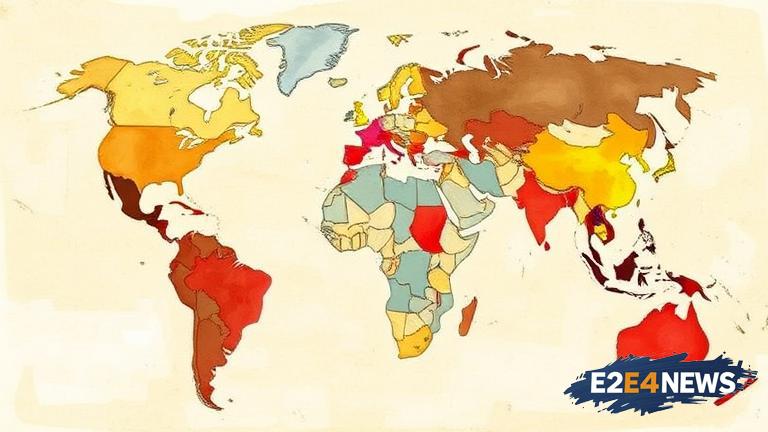The global sanctions landscape has undergone significant changes in recent years, with various countries and international organizations imposing stricter regulations to curb illicit activities. Despite these efforts, the enforcement of sanctions remains a major concern, with many cases of non-compliance and evasion going undetected. The lack of uniformity in sanctions regimes across different jurisdictions has created loopholes that can be exploited by individuals and entities seeking to circumvent the rules. Furthermore, the complexity of modern trade and financial systems has made it increasingly difficult to track and monitor transactions, allowing sanctioned entities to continue operating with relative ease. The maritime industry, in particular, has been identified as a high-risk sector for sanctions evasion, with many cases of ships being used to transport goods to and from sanctioned countries. The use of shell companies, fake documentation, and other deceptive tactics has become commonplace, making it challenging for authorities to identify and prosecute offenders. In addition, the lack of international cooperation and information sharing has hindered efforts to enforce sanctions effectively. The United States, European Union, and other major economies have implemented various measures to strengthen sanctions enforcement, including the use of advanced technologies such as artificial intelligence and machine learning. However, more needs to be done to address the root causes of sanctions evasion and ensure that those who violate the rules are held accountable. The consequences of ineffective sanctions enforcement can be severe, including the proliferation of nuclear weapons, the financing of terrorism, and the perpetuation of human rights abuses. To address these challenges, it is essential to develop a more coordinated and consistent approach to sanctions enforcement, one that involves closer international cooperation, improved information sharing, and the use of innovative technologies. Moreover, there is a need for greater transparency and accountability in the implementation of sanctions, including regular reporting and monitoring of compliance. The private sector also has a critical role to play in preventing sanctions evasion, by implementing robust compliance measures and reporting suspicious transactions to the authorities. Ultimately, the effectiveness of sanctions regimes depends on the ability of governments and international organizations to work together to prevent evasion and ensure that those who violate the rules are held accountable. The international community must continue to work towards a more robust and consistent sanctions regime, one that is capable of preventing the misuse of sanctions and promoting global security and stability. The use of sanctions as a tool of foreign policy is likely to continue, and it is essential that efforts are made to improve their effectiveness and prevent abuse. By working together, governments, international organizations, and the private sector can help to create a more secure and stable global environment, one that is less vulnerable to the threats posed by sanctions evasion.
